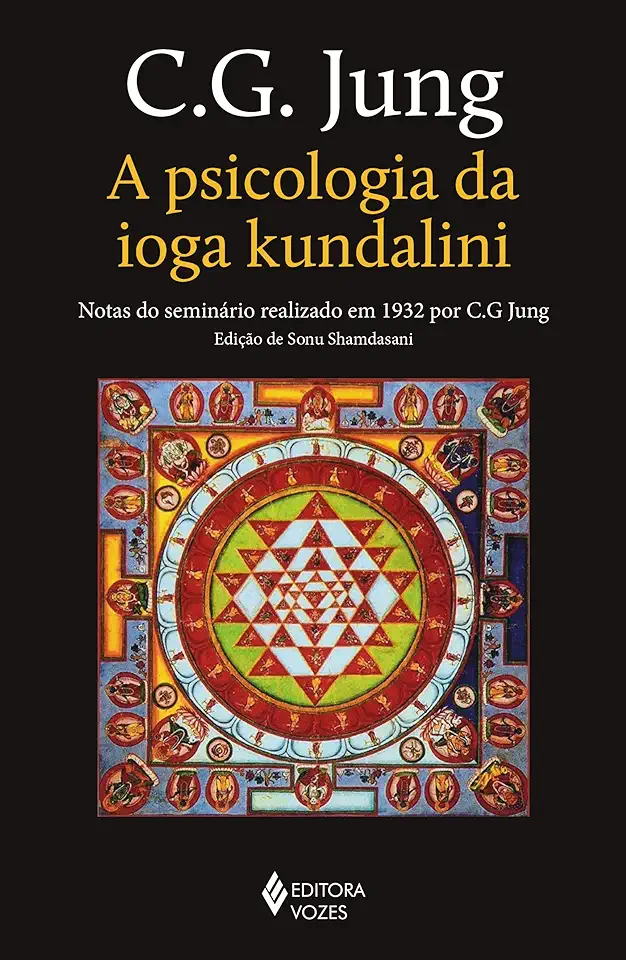
The Psychology of Kundalini Yoga - Notes of the 1932 Seminar by C. G. Jung - Jung, C.g.
The Psychology of Kundalini Yoga: A Journey into the Depths of the Psyche
Introduction
In this groundbreaking work, renowned psychiatrist and psychoanalyst C.G. Jung delves into the profound depths of Kundalini yoga, an ancient practice that has captivated seekers of spiritual enlightenment for centuries. Through a series of captivating seminars held in 1932, Jung offers a unique perspective on the psychological and transformative aspects of this sacred practice.
Kundalini: The Serpent Power
Jung begins by introducing the concept of Kundalini, often symbolized as a coiled serpent residing at the base of the spine. He explains that this dormant energy, when awakened, ascends through the seven chakras, or energy centers, along the spine, leading to profound spiritual experiences and personal transformation.
The Chakras: Pathways to Self-Realization
Jung explores the significance of each chakra, shedding light on their psychological and spiritual dimensions. He draws parallels between the chakras and various stages of human development, emphasizing the importance of integrating these energy centers for holistic well-being.
The Role of the Guru
Jung highlights the crucial role of a guru, or spiritual guide, in the practice of Kundalini yoga. He emphasizes the need for a knowledgeable and experienced teacher to guide practitioners safely through the process of awakening Kundalini, ensuring their psychological and spiritual well-being.
The Dangers of Kundalini Awakening
While acknowledging the transformative potential of Kundalini yoga, Jung also cautions about the potential dangers associated with its improper practice. He warns of the risks of psychological imbalances and even psychosis if the process is not approached with proper guidance and preparation.
Kundalini and Western Psychology
Jung draws insightful connections between Kundalini yoga and Western psychology, particularly the concept of individuation. He suggests that the process of Kundalini awakening mirrors the journey of individuation, leading to a deeper understanding of the self and a more integrated personality.
Case Studies and Personal Experiences
Jung presents fascinating case studies and personal experiences from his own practice, illustrating the profound impact of Kundalini yoga on individuals seeking spiritual growth and self-realization.
Conclusion
"The Psychology of Kundalini Yoga" is a must-read for anyone interested in the intersection of psychology, spirituality, and self-discovery. Jung's profound insights and captivating exploration of Kundalini yoga offer a unique perspective that will resonate with readers seeking a deeper understanding of the human psyche and the path to spiritual enlightenment.
Why You Should Read This Book
- Gain a deeper understanding of Kundalini yoga and its transformative potential.
- Explore the psychological and spiritual dimensions of the chakras.
- Learn about the role of a guru in the practice of Kundalini yoga.
- Discover the potential dangers associated with improper Kundalini awakening.
- Draw connections between Kundalini yoga and Western psychology.
- Read fascinating case studies and personal experiences from C.G. Jung's practice.
- Embark on a journey of self-discovery and spiritual growth.
Get Your Copy Today!
Don't miss this opportunity to delve into the depths of the psyche and embark on a transformative journey with "The Psychology of Kundalini Yoga" by C.G. Jung. Get your copy today and unlock the secrets of this ancient practice for personal growth and spiritual enlightenment.